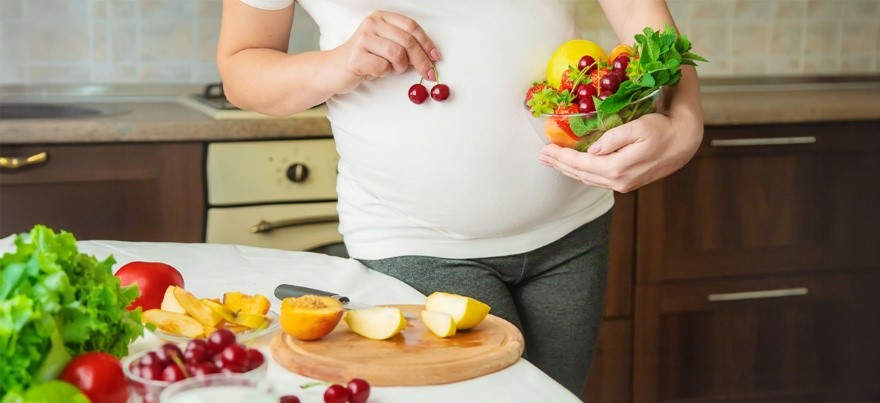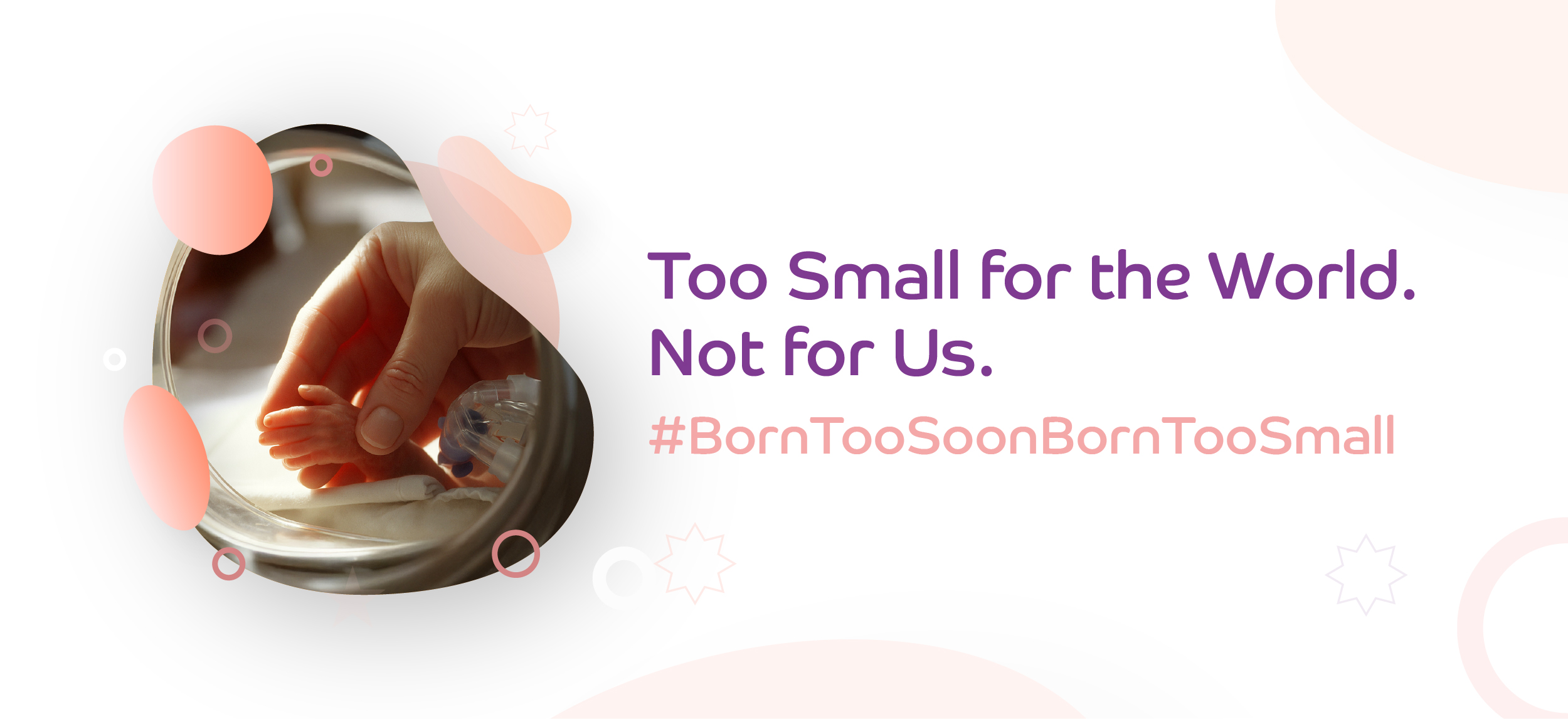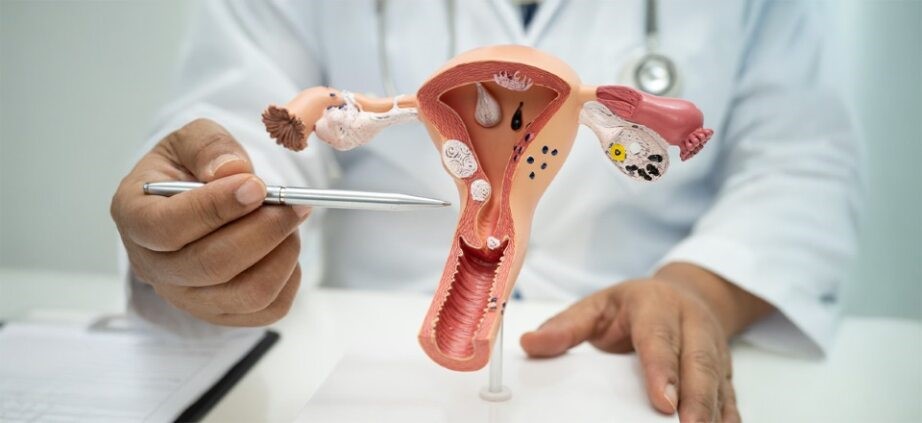Categories
Foods to Eat During Pregnancy and Boost Your Baby’s Growth
Jul 02, 2025
Pregnancy is such a beautiful journey, full of hope, change, and yes, lots of questions! One of the most common ones we often hear is: "What should I eat to ensure my baby is growing well?"
As a mother, your role in shaping your baby's health begins even before they are born. It is not just about eating more; it's about eating smart. Every bite you take plays a crucial role in supporting your baby's growth and your well-being. And in a country like ours, where food choices are shaped by family traditions, religious customs, and what's in season, it's essential to balance those beloved dishes with the proper nutrients.
The foods you eat during pregnancy isn't just good for your baby's brain, bones, and organs; it also helps you stay strong, energised, and ready for what's ahead. Knowing that you are making the right food choices can bring a sense of joy and satisfaction and give you a comforting sense of control and confidence.
Tip: Add a squeeze of lemon or have a fruit like an orange after your meal, it helps your body absorb the iron better.
Whether it is your first trimester and you are struggling with morning sickness or in your third and need more protein, we are here to support you with science, empathy, and care. You are not alone in this journey.
And if you are following a vegetarian diet, don't worry, with innovative combinations like idli-sambar, dal-chawal, and roti with sabzi and curd, you can get all the essential nutrients your baby needs.
To speak to our expert nutritionists or book an appointment,
Call Rainbow Hospitals today.
As a mother, your role in shaping your baby's health begins even before they are born. It is not just about eating more; it's about eating smart. Every bite you take plays a crucial role in supporting your baby's growth and your well-being. And in a country like ours, where food choices are shaped by family traditions, religious customs, and what's in season, it's essential to balance those beloved dishes with the proper nutrients.
The foods you eat during pregnancy isn't just good for your baby's brain, bones, and organs; it also helps you stay strong, energised, and ready for what's ahead. Knowing that you are making the right food choices can bring a sense of joy and satisfaction and give you a comforting sense of control and confidence.
So, What Should You Eat in Pregnancy?
A balanced pregnancy diet chart, curated by our expert dieticians is colourful, comforting, and full of variety. Here is what your plate should ideally have:Protein for Baby's Building Blocks
Protein helps build your baby's muscles, brain, and tissues. You don't need anything fancy, think home-style moong dal, palak paneer, soft-boiled eggs, warm glasses of milk, or a handful of soaked almonds, even a simple sprouts salad or curd rice packs in goodness.Whole Grains to Keep You Full and Regular
Brown rice, millets like ragi and bajra, oats, and whole wheat roti are all rich in fibre and energy. They help avoid constipation (a very common pregnancy issue) and keep blood sugar stable, and it is essential if you are watching out for gestational diabetes.Iron and Folic Acid For Blood and Brain Health
Green leafy veggies like spinach, methi, amaranth, beets, dates, raisins, and iron-fortified cereals help prevent anaemia and support your baby's brain development.Tip: Add a squeeze of lemon or have a fruit like an orange after your meal, it helps your body absorb the iron better.
Calcium and Vitamin D For Strong Bones and Teeth
Your baby's bones start forming early and need calcium to grow. Include dairy (milk, curd, paneer), sesame seeds, tofu, or fortified plant-based milk. And don't forget a few minutes of gentle morning sun, your natural source of Vitamin D.Healthy Fats, Especially Omega-3s, for Brain Growth
Good fats are essential. Add flaxseeds to your smoothie, snack on a few walnuts, or cook with ghee. If you eat fish, smaller varieties like sardines are great; they are low in mercury and high in Omega-3s.Fruits, Fluids, and Staying Hydrated
Hydration is key! Sip on fresh coconut water, buttermilk, or homemade vegetable soups. Eat fruits like banana, guava, apple, pomegranate, and orange.What Food Items to Avoid in Pregnancy?
Pregnancy is also about protecting your baby from things that might seem harmless but can be risky. Not following the dietary recommendations can lead to nutritional deficiencies, which can affect both your and your baby's health.Raw or Undercooked Foods
Unpasteurised milk, soft cheeses, raw sprouts, and undercooked meat or eggs can carry harmful bacteria like Listeria or Salmonella. These can cause foodborne illnesses that may lead to complications. So always eat freshly prepared, thoroughly cooked food, just as your mother insists!High-Mercury Fish
Fish are great, but avoid big ones like sharks, swordfish, or king mackerel. They may have mercury that can affect your baby's brain. Stick to safer choices like sardines or rohu and cook them well.Too Much Caffeine
One coffee or two small cups of chai daily is fine. But too much caffeine, even from chocolate or colas, can interfere with your baby's development and your sleep, too!Street Food and Unwashed Produce
Tempted by pani puri or raw salad from your favourite vendor? Best to pause. These foods can carry bacteria or be exposed to unhygienic water, leading to tummy upsets and dehydration, which is not what you need right now.Excess Salt and Sugar
Cravings will happen, and that's okay! Just go easy on the extra salty chips or super-sweet mithai. Too much salt can raise your blood pressure, and excess sugar can increase the risk of gestational diabetes.Raw Papaya and Too Much Pineapple
This is one Indian tradition that has a scientific backing. Raw papaya and pineapple contain a compound that may trigger uterine contractions. Talk to your doctor to know if these fruits are safe for you to consume.How BirthRight by Rainbow Hospitals Can Help?
At BirthRight by Rainbow Hospitals, we know that no two pregnancies are the same. Our nutritionists are specially trained in pregnancy nutrition. They will work with you to create a personalised pregnancy diet chart with a detailed analysis on foods to eat during pregnancy based on your health history, trimester, lifestyle, and even those quirky cravings. In addition to nutrition services, we also offer prenatal care, childbirth classes, and postpartum support.Whether it is your first trimester and you are struggling with morning sickness or in your third and need more protein, we are here to support you with science, empathy, and care. You are not alone in this journey.
And if you are following a vegetarian diet, don't worry, with innovative combinations like idli-sambar, dal-chawal, and roti with sabzi and curd, you can get all the essential nutrients your baby needs.
To speak to our expert nutritionists or book an appointment,
Call Rainbow Hospitals today.











